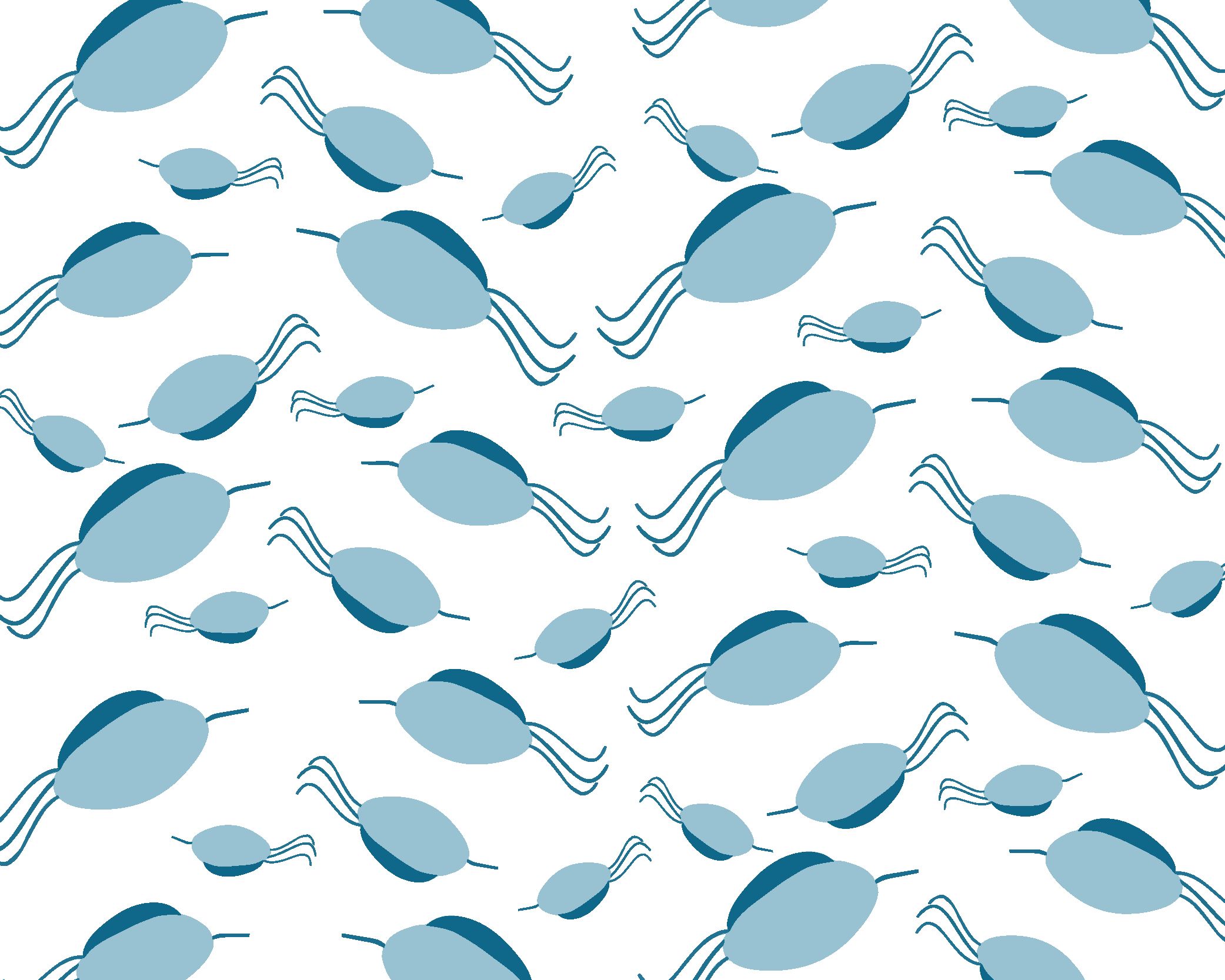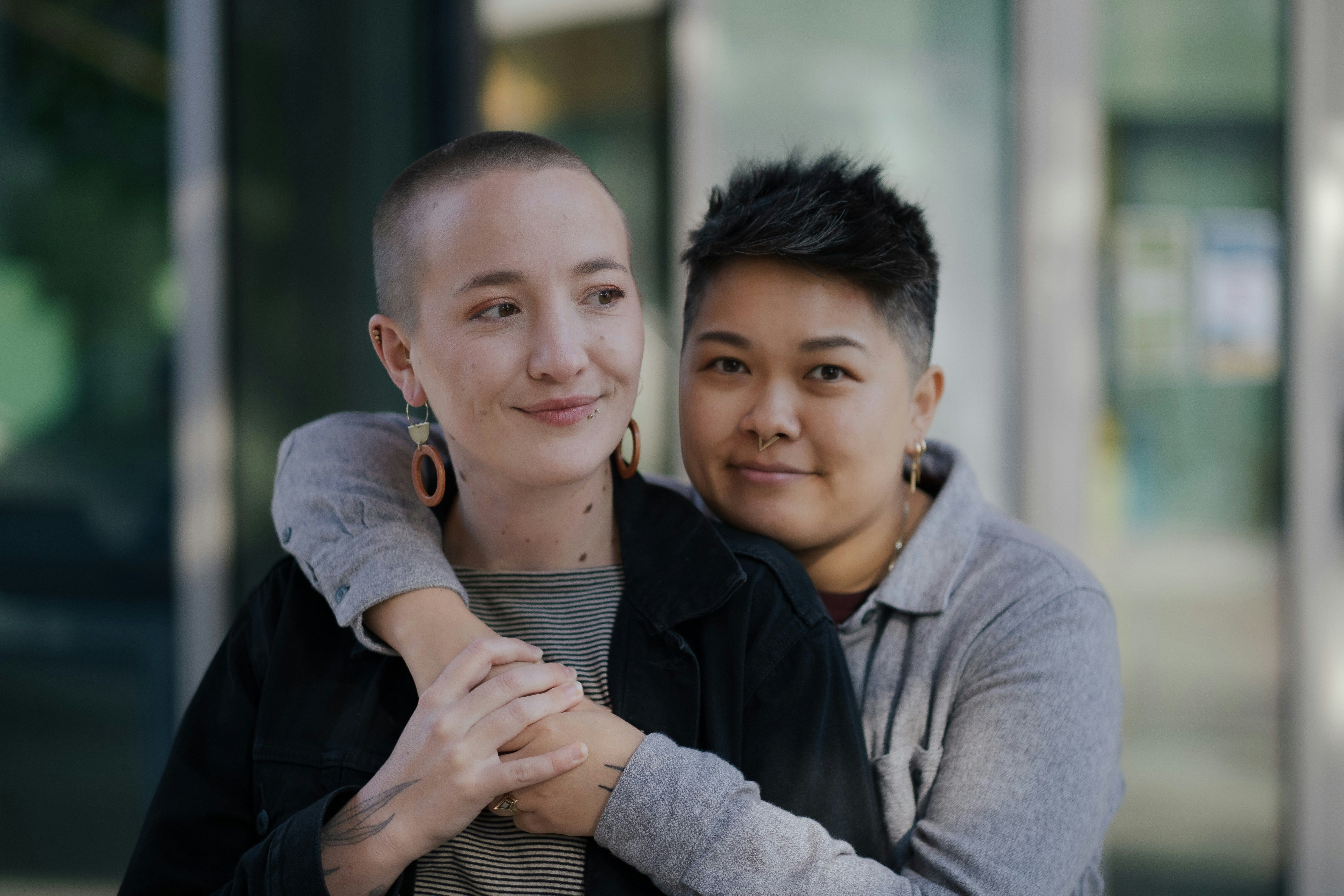Trichomonas

What is Trichomonas
Trichomonas is a genital infection caused by the organism trichomonas vaginalis. While it is common worldwide, it is rare in urban areas in Australia. Trichomonas is a vaginal infection, more common in older populations and those living in remote areas. It is a rare cause of symptoms in the penis.
How do you catch trichomonas?
Trichomonas is a sexually transmissible infection (STI) that is passed on during sex without a condom with a person who has trichomonas.
What are the symptoms?
Vaginal Symptoms
About 50% of the time, trichomonas does not cause any vulval or vaginal symptoms.
If symptoms do occur, they include:
- An unpleasant vaginal odour
- A yellow, green, or grey discharge, which is usually frothy
- Itching, burning, and discomfort of the vagina, the vulva, or both
Symptoms of the penis/urethra
Trichomonas very rarely causes any symptoms of the penis/urethra.
If symptoms do occur, they include:
- Discomfort with passing urine
- Abnormal discharge from the penis
How do you test for trichomonas
If you have a vagina:
- If you have trichomonas symptoms, or you have a partner who has been diagnosed with it, then the doctor or nurse will examine you and take a swab taken from your vagina.
If you have a penis:
- If you have symptoms (such as a discharge from the penis), the doctor or nurse will take a swab from the end of your penis
- If you have no discharge, then a urine sample will be collected
If your partner has been diagnosed with trichomonas, you will need testing and treatment even if you have no symptoms.
Trichomonas is not routinely tested for, particularly in areas where it is uncommon.
How is it treated?
Antibiotics are used to treat trichomonas. These are given as 4 tablets in a single dose, or a longer course over a week.
The antibiotics used to treat trichomonas must be taken with food. They can cause nausea, tiredness, and a metallic taste in your mouth.
You must avoid alcohol while on these medications, they can cause nausea, vomiting, and headache if taken with alcohol.
If you are diagnosed with trichomonas during pregnancy, your treatment options may need to be discussed with a specialist.
It is essential to avoid any unprotected sexual intercourse for 7 days after treatment has finished to allow the treatment to work, and to avoid becoming reinfected, or infecting others. You may also need re-testing four weeks later if your symptoms continue.

Are there any complications if trichomonas is not treated?
If it is not treated, trichomonas infection during pregnancy can cause premature delivery and low birth weight in the baby.
Can trichomonas come back after I have had treatment?
You can be reinfected with trichomonas.
To avoid this:
- Do not have any sexual contact until 7 days after you started your treatment, even sex with a condom
- Do not have any sexual contact with any sexual partners until 7 days after they have started their treatment
- Use condoms every time you have sex
Do I need to tell my sexual partners?
Yes, you need to inform all recent sexual partners. They will need to be tested and treated, even if they have no symptoms. Your doctor or nurse can assist you with this.
There is a website called Let Them Know, which has samples of how you might talk to someone, as well as emails and text messages you can send personally or anonymously.
How can I avoid catching trichomonas?
Using condoms every time you have sexual intercourse is the best way to prevent trichomoniasis and other STIs.
Should I get tested for other sexually transmissible infections?
Yes, if you are diagnosed with an STI such as trichomonas, it is important to be checked for other STIs such as chlamydia and gonorrhoea.
Where to go for further information & testing
- SHFPACT Clinic > Appointments
- Canberra Sexual Health Centre at the Canberra Hospital, call 02 5124 2184
- Your GP or local Health Centre